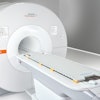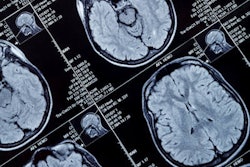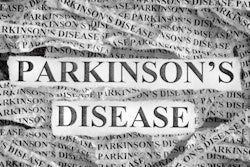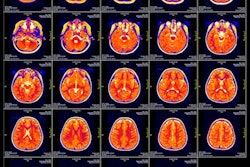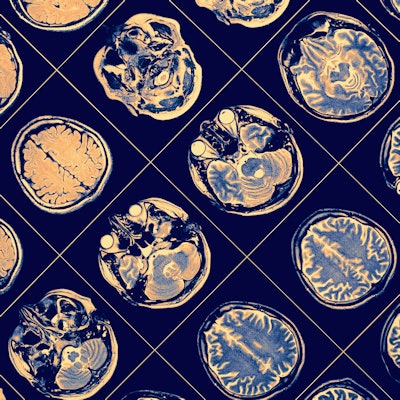
An artificial intelligence (AI) model trained on MRI scans identified variations in brain aging between healthy individuals and those with a type of cognitive impairment associated with Alzheimer's disease, according to a study published June 23 in Radiology: Artificial Intelligence.
A group of Chinese researchers used MRI scans of gray-matter tissue volume in middle-aged and older adults from multiple centers to develop a deep-learning model that identified brain variations between healthy patients and patients with amnestic mild cognitive impairment. The finding suggests the model could be used to help identify patients at high risk for Alzheimer's disease, according to the authors.
"The predictive model we generated was highly accurate at estimating chronological age in healthy participants based on only the appearance of MRI scans," wrote lead author Weijie Huang of Beijing Normal University and colleagues. "In contrast, for [amnestic mild cognitive impairment], the model estimated brain age to be greater than 2.7 years older on average than the patient's chronological age."
Amnestic mild cognitive impairment involves episodic memory loss and is considered a transitional phase between normal aging and Alzheimer's disease. Previous studies suggest age-related trajectories of brain structures and functions deviate in patients with amnestic mild cognitive impairment compared to healthy elderly individuals.
In this research, Huang and colleagues sought to determine whether a brain-age prediction model could quantify individual deviations between healthy patients and patients with amnestic mild cognitive impairment and whether the differences were associated with individual cognitive impairment.
The group first trained the model based on 975 T1-weighted MRI scans from patients between the ages of 49 and 95 and then tested it to estimate brain age in 270 healthy controls and 185 patients with amnestic mild cognitive impairment. The team then explored associations between predicted brain-aging deviations with cognitive impairment, genetic risk factors, pathologic markers of Alzheimer's disease, and clinical progression in patients with amnestic mild cognitive impairment.
The investigators found that patients with amnestic mild cognitive impairment had brain aging trajectories that were distinct from aging trajectories in healthy individuals. The model predicted brain age of patients with amnestic mild cognitive impairment and then assessed whether there were associations with risk factors for cognitive decline.
The individual differences in brain aging were modulated by the apolipoprotein E (APOE) genotype and beta-amyloid levels. The authors found that patients with progressive amnestic mild cognitive decline showed more deviations from typical normal aging than patients with stable amnestic mild cognitive impairment. In addition, the use of the predicted age difference score along with other Alzheimer's disease-specific markers was associated with the progression of amnestic mild cognitive impairment, they stated.
"These results strongly suggest the potential of including [predicted age difference] values for screening patients with [amnestic mild cognitive impairment], aiming to identify those who are at a particularly high risk of progressing to [Alzheimer's disease], as opposed to patients who will remain at a stable cognitive level," the researchers wrote.


